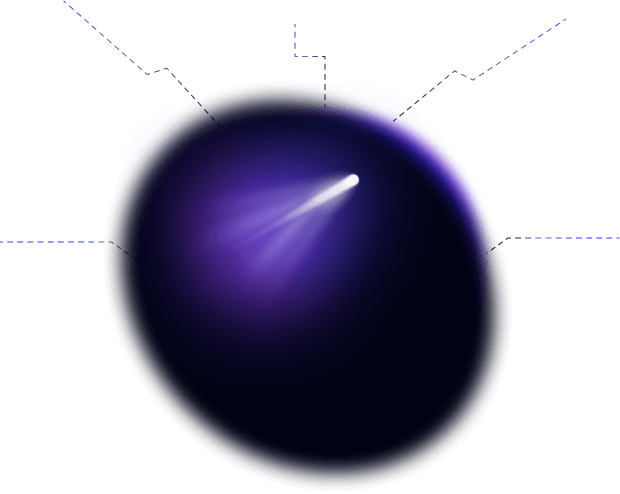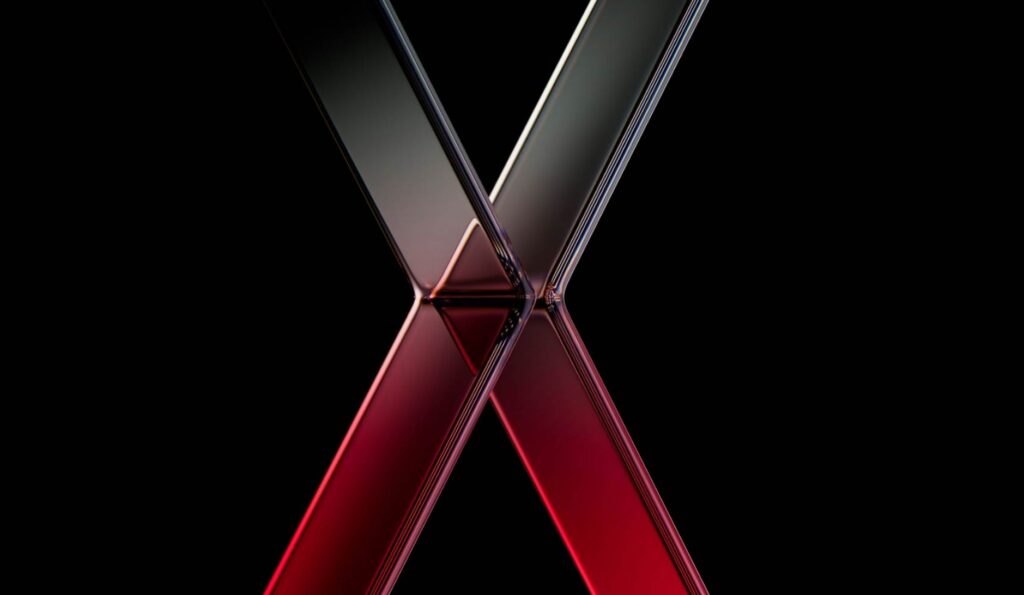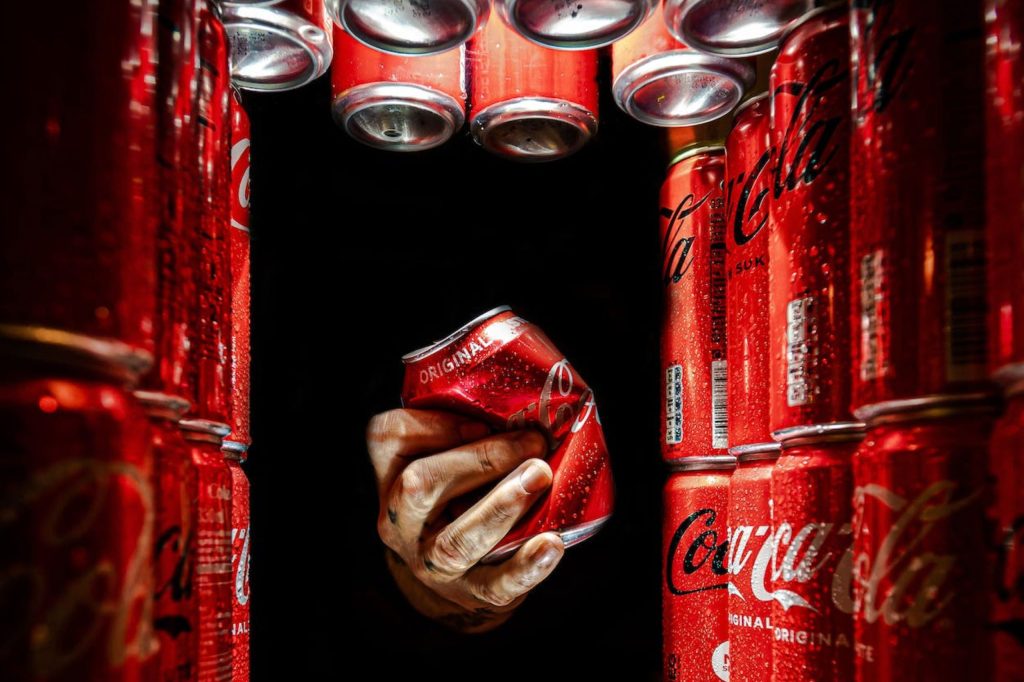In the rapidly evolving landscape of technology, Artificial Intelligence (AI) has emerged as a game-changer across various industries. From healthcare to finance, its applications are vast and varied. Among the most notable sectors witnessing a transformative impact is marketing. This article delves into AI development, its application in automated marketing, and the digital transformation tools that are reshaping the industry. The insights provided here will equip businesses and individuals with the knowledge to navigate this AI-driven era successfully.
### The Rise of AI Development
AI development has seen exponential growth over the past decade. Advances in machine learning, natural language processing, and neural networks have created a robust framework for developing sophisticated AI applications. Companies like OpenAI, Google, and IBM have invested significantly in R&D to push the boundaries of what AI can do. According to a report by MarketsandMarkets, the AI market is expected to reach $190.61 billion by 2025, growing at a CAGR of 34.4%.
.
At the core of this development is the ability of AI to process and analyze vast amounts of data at lightning speed. This capability not only enhances decision-making but also allows for predictive analytics, which businesses can leverage to understand consumer behavior better. Understanding these trends is crucial for marketing teams aiming to enhance customer engagement and tailor their campaigns.
### AI in Automated Marketing
Automated marketing involves using software to automate repetitive marketing tasks. With AI integration, these tools have become exponentially more powerful. AI technologies enable marketers to create personalized customer experiences, optimize advertising spend, and improve campaign effectiveness.
.
One of the most significant applications of AI in automated marketing is through chatbots. Businesses are increasingly adopting AI chatbots to engage customers 24/7. These bots can handle customer queries, make product recommendations, and even assist with transactions. For instance, a report by Juniper Research estimates that chatbots will save businesses over $8 billion per year by 2022, primarily by improving efficiency and customer service.
.
In addition to chatbots, AI applications in automated marketing include email marketing automation and predictive analytics. Email automation platforms use AI algorithms to optimize the timing and targeting of email campaigns based on user behavior. AI-driven predictive analytics tools help marketers identify potential leads and tailor their outreach efforts accordingly. These solutions ensure that marketing efforts are not only scalable but also highly personalized.
### Digital Transformation Tools Powered by AI
The notion of digital transformation has taken center stage in organizational strategy discussions. Businesses are increasingly recognizing that to stay competitive, they must integrate digital technologies into every facet of their operations. AI plays a crucial role in this transformation process.
.
Digital transformation tools powered by AI can assist in analyzing market trends, gaining insights into consumer preferences, and fostering innovative business models. One such tool is Customer Relationship Management (CRM) software equipped with AI. Companies like Salesforce and HubSpot are leveraging AI capabilities to provide predictive analytics and optimize customer interactions.
.
Furthermore, AI is streamlining content creation and management processes. For instance, platforms like Jasper AI and Grammarly use machine learning algorithms to provide content suggestions and enhance writing quality. By automating such tasks, marketers can focus on strategic initiatives rather than mundane operations.
### Industry Applications and Technical Insights
The application of AI in automated marketing is not limited to the tools themselves but extends to numerous industry sectors. Retail, travel, and B2B services are among the sectors that have rapidly integrated AI to boost marketing strategies.
.
In the retail space, AI-driven tools optimize inventory management and customer segmentation. For example, Amazon employs AI algorithms to recommend products based on browsing history and previous purchases. Similarly, beauty brands like Sephora use AI to provide virtual try-ons, enhancing the customer shopping experience.
.
In the travel industry, companies like Expedia utilize AI to personalize travel recommendations. Their system analyzes user data to suggest tailored itineraries, hotels, and travel packages. This level of personalization not only improves customer satisfaction but also drives higher conversion rates.
.
For B2B services, AI in automated marketing can enhance lead generation efforts. Tools such as LinkedIn Sales Navigator leverage AI to identify potential prospects based on user behavior and industry trends. This refined targeting leads to more effective marketing strategies and increased ROI.
### Industry Use Case: Coca-Cola’s AI-Driven Marketing
Coca-Cola provides an exemplary case study of how AI can revolutionize marketing efforts. The company has integrated AI into its marketing strategies through various initiatives. One notable program is the use of machine learning algorithms to analyze customer data across social media platforms to uncover insights about trends and preferences.
.
Coca-Cola’s AI-powered tools help the company identify what consumers are talking about, which flavors are trending, and how to position new products effectively. By leveraging these insights, Coca-Cola can align its marketing campaigns with consumer expectations, ensuring that the brand remains relevant and competitive.
.
Additionally, in its promotional campaigns, Coca-Cola has adopted AI technologies to create personalized advertisements. By analyzing demographics, interests, and behaviors, the company can tailor its messaging to resonate with different consumer segments, resulting in a more effective outreach strategy.
### Looking Ahead: The Future of AI in Marketing
As technology advances, so too will the capabilities of AI in automated marketing. We can expect to see even more sophisticated AI-driven tools that leverage deeper insights into consumer behavior, enabling marketers to create highly personalized and engaging experiences.
.
AI development will also lead to advancements in voice recognition and natural language processing, which could transform how marketers interact with customers. The growing popularity of voice-activated devices will necessitate the need for marketers to optimize their strategies for voice search, further extending the application of AI in marketing.
.
Moreover, ethical considerations around AI implementation will remain a critical discussion point. Organizations must navigate the balance between leveraging data for personalized marketing and respecting consumer privacy rights. Establishing transparent policies and practices will be essential in this growing domain.
### Conclusion
The integration of AI development into automated marketing is not merely a trend; it represents a fundamental shift in how businesses engage with their customers. By harnessing the power of AI, companies can optimize their marketing efforts, enhance customer relationships, and remain competitive in an increasingly digital landscape.
.
As AI technology continues to evolve, businesses must stay informed about new tools, applications, and best practices to fully capitalize on the opportunities that lie ahead. The future of AI in marketing holds exciting prospects, and those who embrace this digital transformation will be well-positioned to thrive in the years to come.
### Sources
– MarketsandMarkets. (2020). Artificial Intelligence Market by Technology.
– Juniper Research. (2020). Chatbots: Market Trends & Opportunities.
– Salesforce. (2021). The Future of CRM.
– Coca-Cola Company. (2020). Coca-Cola Announces AI-Powered Marketing Strategies.
By understanding these dynamics and proactively implementing AI solutions, businesses can navigate the complexities of automated marketing and achieve remarkable growth in today’s digital-first world.
































